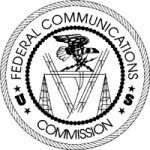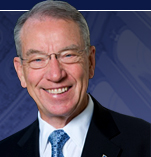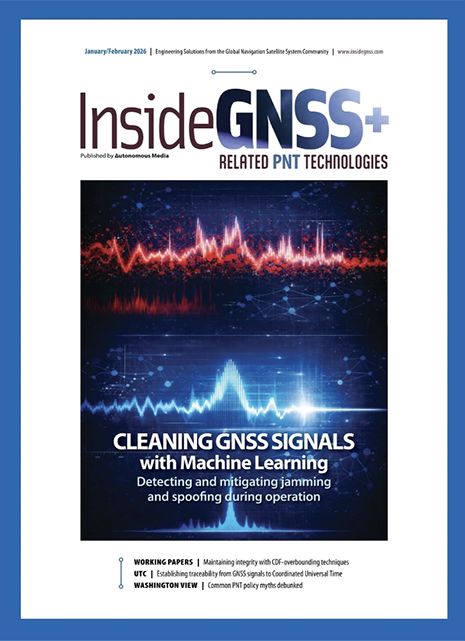
Four months after the Federal Communications Commission (FCC) indicated its intention to backtrack on its conditional approval of LightSquared’s terrestrial wireless broadband network, a leading GNSS manufacturer is pressing the agency to finalize its decision.
Four months after the Federal Communications Commission (FCC) indicated its intention to backtrack on its conditional approval of LightSquared’s terrestrial wireless broadband network, a leading GNSS manufacturer is pressing the agency to finalize its decision.
On June 5 and 6, Jim Kirkland, vice-president and general counsel for Sunnyvale, California–based Trimble, and members of a Washington, D.C., law firm met with newly appointed FCC commission Aji Pai, legal advisors to other commissions, and top agency staff, urging them to adopt the proposals contained in the public notice issued by the International Bureau on February 15, 2012.
The notice described the FCC’s intent, as a result of demonstrated interference to GPS signals and receivers, to vacate a January 2011 conditional waiver that would have allowed the construction of up to 40,000 high-powered ground transmitters. It also proposed to modify LightSquared’s satellite license under Section 316 of the Communications Act to suspend indefinitely LightSquared’s underlying authorization to build the ancillary terrestrial components (ATCs), the agency’s term for the transmitters.
The comment period for the public notice closed on March 30. However, the FCC has not followed up on its latest plan. So, Trimble and its lawyers are pressing for the agency to do so.
Their arguments were outlined in a June 7 letter documenting the ex parte presentations — that is, contacts with the agency outside a public meeting or process — from Russell Fox, an attorney with Mintz, Levin, Cohn, Ferris, Glovsky and Popeo, P.C.
A set of slides accompanied the letter setting out the key points Kirkland and the attorneys made to the FCC representatives.
“LightSquared was afforded an extraordinary opportunity to demonstrate non-interference — there is no need to prolong this process further,” Kirkland stated.
The situation has been complicated by LightSquared’s request last month for the FCC to exchange other spectrum for a corresponding portion of its terrestrial spectrum rights, “including any portion of LightSquared’s L-Band downlink spectrum that cannot be used for such purposes due to GPS issues.”
But the GPS advocates argued that consideration of alternate spectrum should not affect revocation of LightSquared’s conditional waiver and suspension of its ATC authorization.
In his ex parte letter to the FCC, Fox wrote, “We argued that action on these proposals was fully supported in the record of this proceeding, and that it should not and need not be delayed while the Commission considered broader prospective issues such as LightSquared’s proposal for a spectrum swap or whether the Commission can or should adopt interference protection criteria or standards.”
Kirkland’s presentation further noted, “Because the testing results for the L-Band spectrum are conclusive, the FCC should act with respect to that spectrum now.”
Meanwhile, news reports indicate that LightSquared, which declared bankruptcy on May 14, has reached an agreement with creditors to use lenders’ cash collateral that will enable the company to fund operations until September 2013, according to a lawyer for the company.
The FCC’s failure to resolve the ambiguous situation has provoked anxiety among some members of the GNSS community that the administration wants to delay a decision until after the November election. That could create an opportunity for LightSquared and its backers to make another play for use of the spectrum next to GPS L1.
Some observers believe that the slowdown is occurring because of inaction or indecision by the National Telecommunications and Information Administration (NTIA), a Commerce Department agency that manages the use of RF spectrum by federal agencies and advises the president on telecommunications policy issues.




